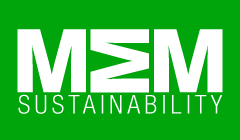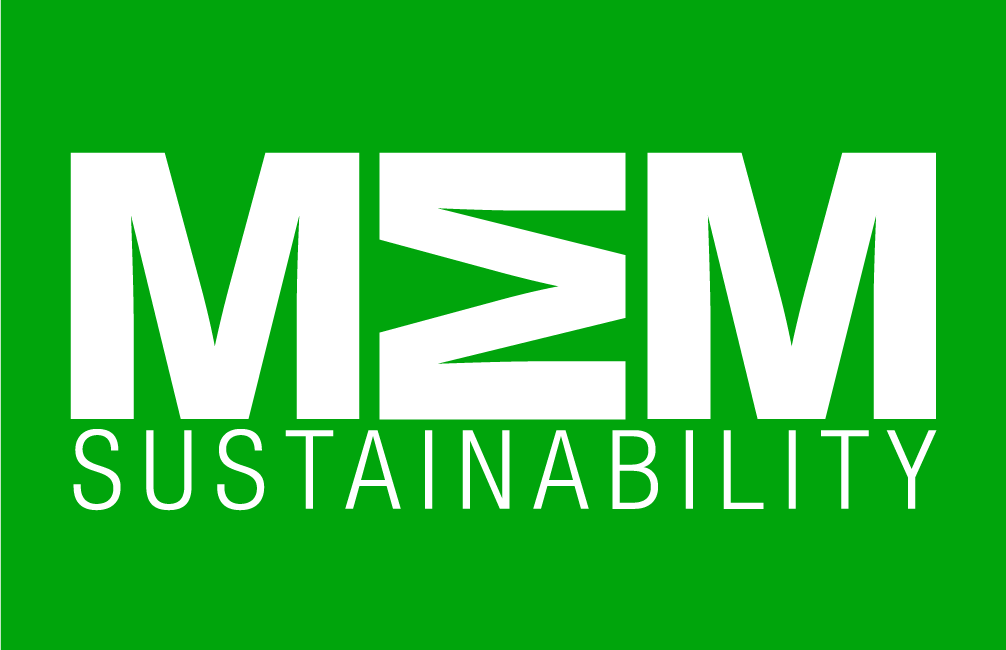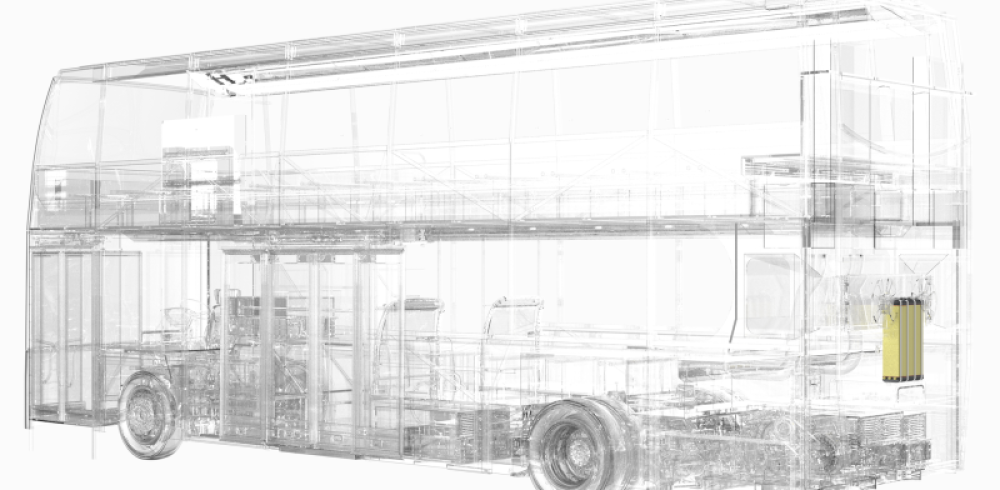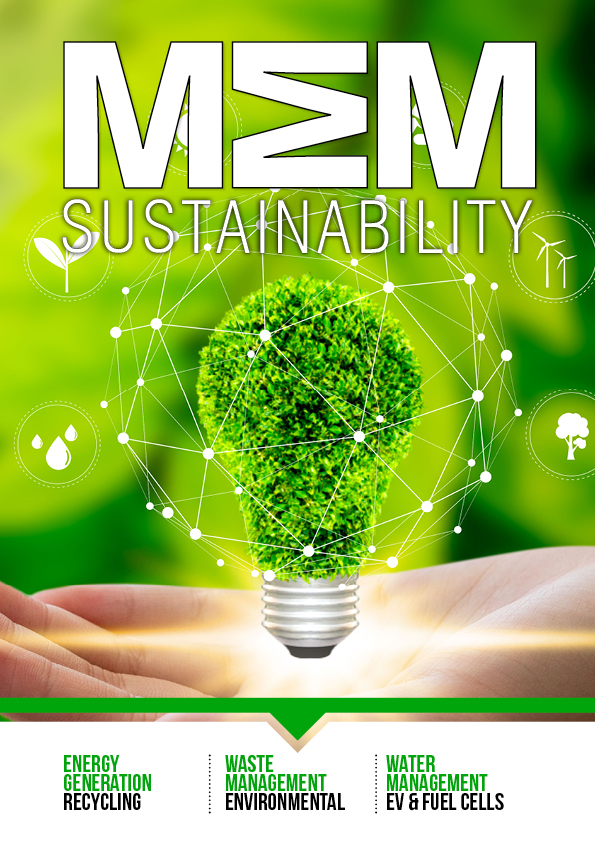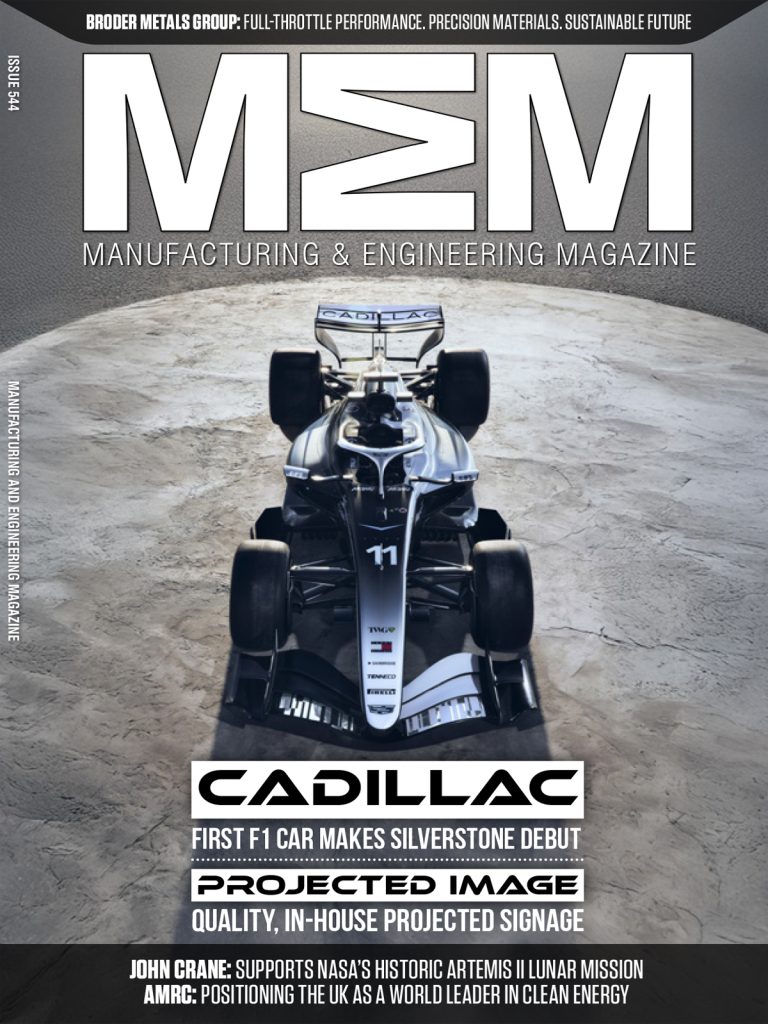Cleantech and hydrogen fuel cell technology specialist Bramble Energy – in partnership with Equipmake, Aeristech, and the University of Bath – has reached a significant milestone in the Hydrogen Electric Integrated Drivetrain Initiative (HEIDI) project.
A project expected to save nearly 6 million tonnes of CO2 from being emitted, HEIDI’s goal is to develop a first of its kind hydrogen double-deck bus integrating Bramble Energy’s revolutionary, low-cost printed circuit board fuel cell (PCBFC™) technology.
One year after the £12.7 million landmark project commenced1, the consortium has completed the concept designs for the hydrogen system and double-decker bus and is now moving into the manufacturing phase.
The significant progress made in HEIDI typifies Bramble’s approach to manufacturability, scalability and rapid innovation in developing technologies that seek to solve global challenges.
Key achievements across the HEIDI project include:
- Concept designs finalised: The HEIDI project has successfully completed the concept designs for the fuel cell system, hydrogen storage, and the bus itself. Bramble’s flexible fuel cell design has allowed the bus to maintain a capacity of 86 passengers, a standard similar to current London double-deckers, without compromising service for system installation.
- Promising initial results: Early testing of the fuel cell stack shows promising results for power output at bus level, paving the way for a clean and efficient power source.
- Long range and rapid refuelling: Simulations predict a range of up to 280 miles on UK bus routes using 350 bar hydrogen. This surpasses the typical daily distance of London buses (100-200 miles) and offers refuelling times similar to diesel or petrol alternatives (around 8 minutes).
Bramble Energy, with its partners, will now move into the next phase of HEIDI, manufacturing key components, including the fuel cell stack, fuel cell system, and hydrogen storage.
Dr. Vidal Bharath, CCO at Bramble Energy comments: “This new milestone for HEIDI brings us one step closer to revolutionising public transport with our innovative PCBFC™ technology providing a viable path to net-zero emissions for commercial vehicles.
“The ability to maintain passenger capacity whilst achieving significant range and rapid refuelling times showcases the practicality and scalability of our solution. By integrating our fuel cell stacks into the hydrogen double-deck bus, we are not only advancing sustainable transport but also supporting nearly 500 jobs and aiming to prevent nearly 6 million tonnes of CO2 emissions over the next decade. Together with our partners, we are committed to delivering a sustainable, cost-effective, and zero-emission future – one that will benefit both the transport sector and its customers.”
Manufacturing & Engineering Magazine | The Home of Manufacturing Industry News
